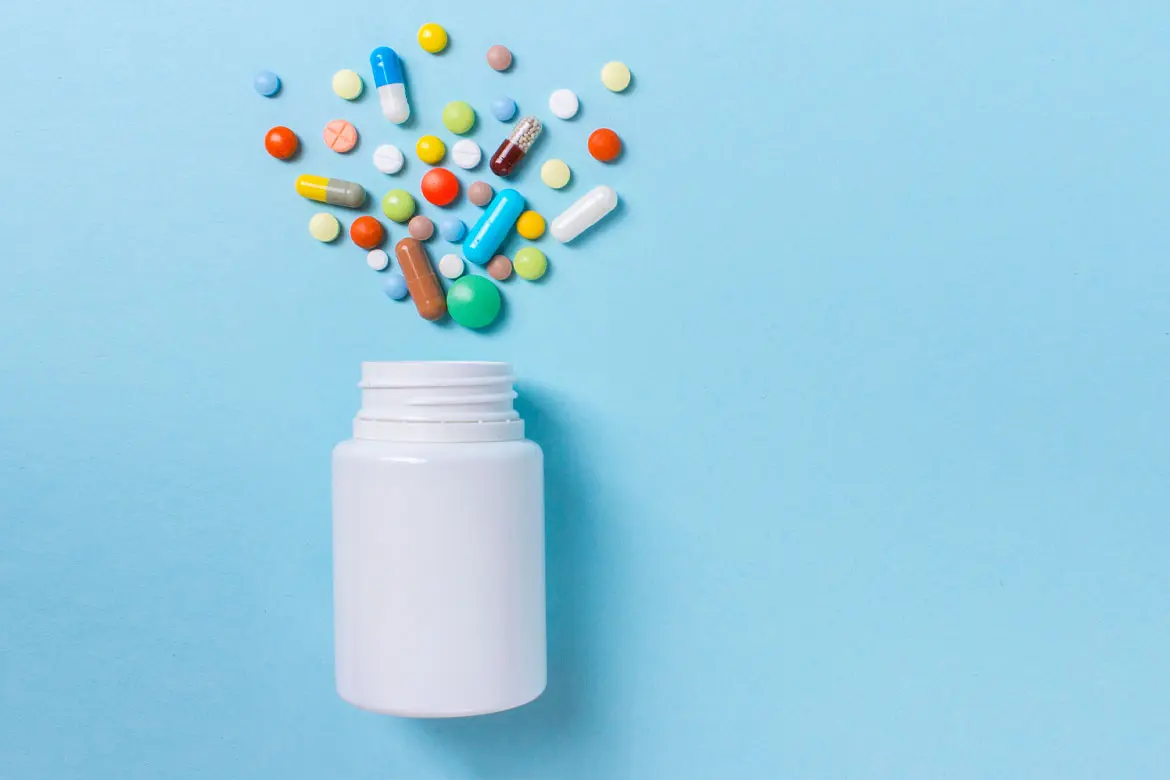Joy Marie Lim
Medical Advisor


Source: Shutterstock
Medical Advisor
Antibiotics are medications used to treat infections caused by bacteria. They exert their effect by either killing the bacteria or halting the growth of bacteria. As there are many different types of bacteria that can cause disease in humans, an appropriate type of antibiotic should be used.
There is a wide range of antibiotics currently available in the market. Antibiotics also have different formulations, since they can be used intravenously, orally, applied to the skin as creams or ointments, or applied to the eyes or ears as drops.
Antibiotics are powerful drugs and can save lives when used properly. However, misuse of these drugs can pose serious risks.
Misuse of antibiotics can occur in many ways. There are 4 common situations by which this happens:
Antibiotics are grouped into different classes. Each class of antibiotics exerts effect on different types of bacteria, and cannot be used interchangeably.
If a person takes an antibiotic that has no effect against the bacteria that is causing his illness, the bacteria will continue to multiply and cause disease. It is therefore important to take the correct antibiotic to target the specific disease-causing bacteria.
The formulation of antibiotics determines the route by which it should be used. Antibiotics that come in tablet forms should be taken orally. Antibiotics that are formulated for intravenous use should be injected. Antibiotic creams should be applied to the skin.
There are specific formulations that are most ideal for each type of bacterial infection. For example, patients with severe bloodstream infections need intravenous antibiotics. Giving these patients oral antibiotics will not lead to an optimal therapeutic effect.
Furthermore, these formulations should be used as directed. For example, tablets cannot be crushed and applied to the skin. The effectiveness of the antibiotic is dependent on the correct route of administration.
The type and dosage of antibiotics prescribed by a doctor will depend on the age and weight of patient, as well as severity of the disease. A dose that is too high, although rarely fatal, may cause severe side-effects, such as stomach upset or diarrhoea. Antibiotic underuse on the other hand, may lead to antibiotic resistance.
The complete duration of antibiotic use varies depending on the type and severity of infection. It is important to take the antibiotics as prescribed by your doctor, even if you are already feeling better before the course is complete. The prescribed duration is the recommended length of time needed for the antibiotic to kill off the illness-causing bacteria. If antibiotics are stopped too soon, and you become sick again, the surviving bacteria may develop resistance towards the antibiotic that you have taken.
The main dangers of antibiotics misuse are development of antibiotic resistance and adverse side effects.
Resistance to antibiotics occurs when bacteria develop the ability to proliferate despite the presence of antibiotics. Antibiotic resistance is a worldwide crisis, with misuse of antibiotics a major driver of this problem.
When antibiotics are misused, the bacteria are not effectively killed. Instead, the bacteria adapt mechanisms to resist the inhibitory effects of the antibiotic. Antibiotic-resistant bacteria no longer respond to the usual antibiotics, so stronger antibiotics need to be administered. Resistance to almost all currently available antibiotics has also been observed.
Antibiotics can cause various side effects. These side effects range from mild symptoms such as upset stomach or rash, to potentially life-threatening conditions such as severe allergic reactions, kidney injury and liver damage.
In addition, adverse effects may also arise when antibiotics are used with other medications such as blood thinners, anticonvulsants, antidepressants, oral contraceptive pills, herbal medicine, or alcoholic beverages. Drug interactions from the simultaneous intake of antibiotics and these substances can cause toxicity.
It is best to consult a general physician, infectious disease specialist, or respiratory specialist before taking any medication. Consult the nearest Urgent Care Centre (UCC) should you have any medical emergency.
It is important to follow the doctor's instructions carefully when taking antibiotics. Always double check that you are taking the correct type and formulation, at the correct dose, and for the correct number of days.